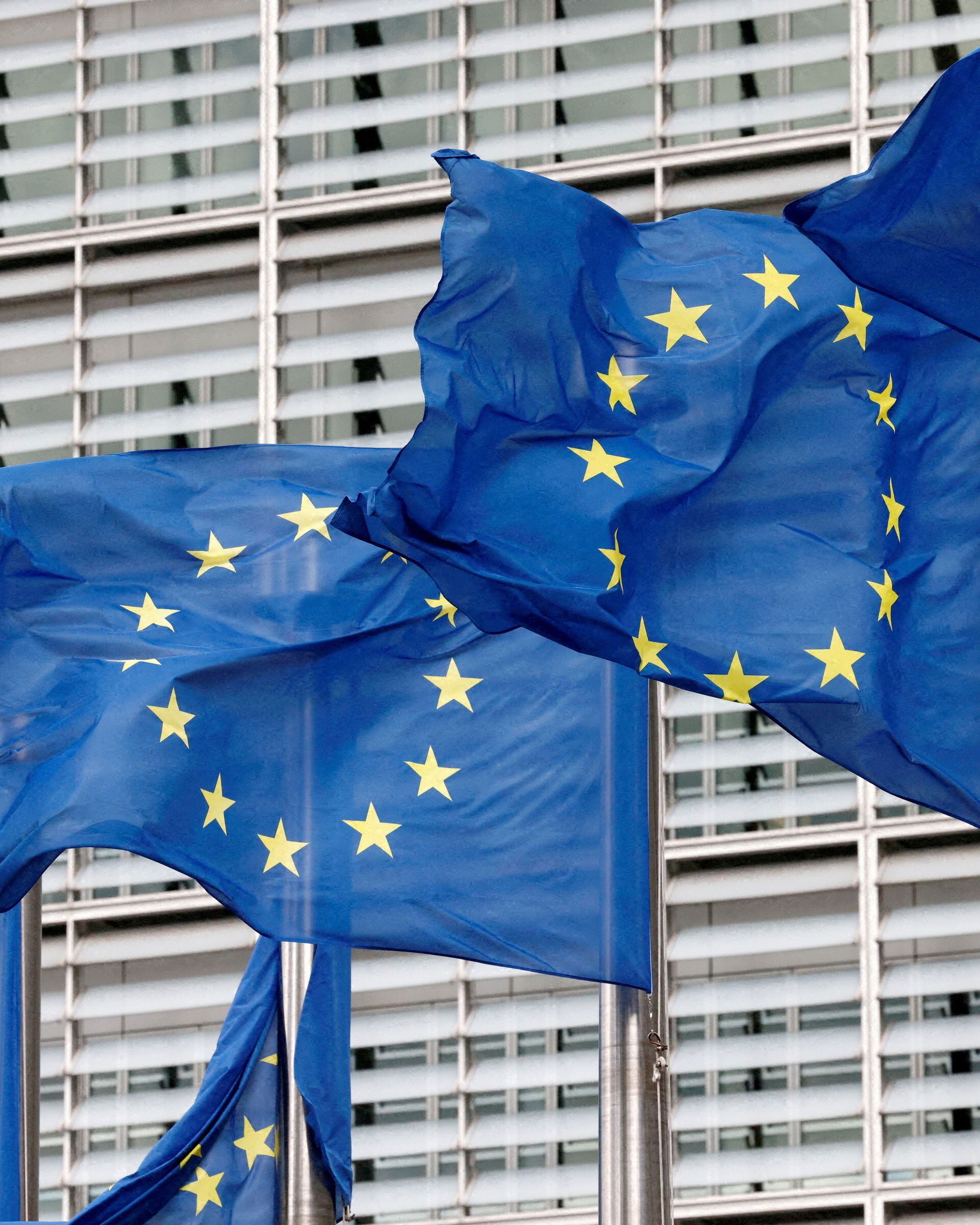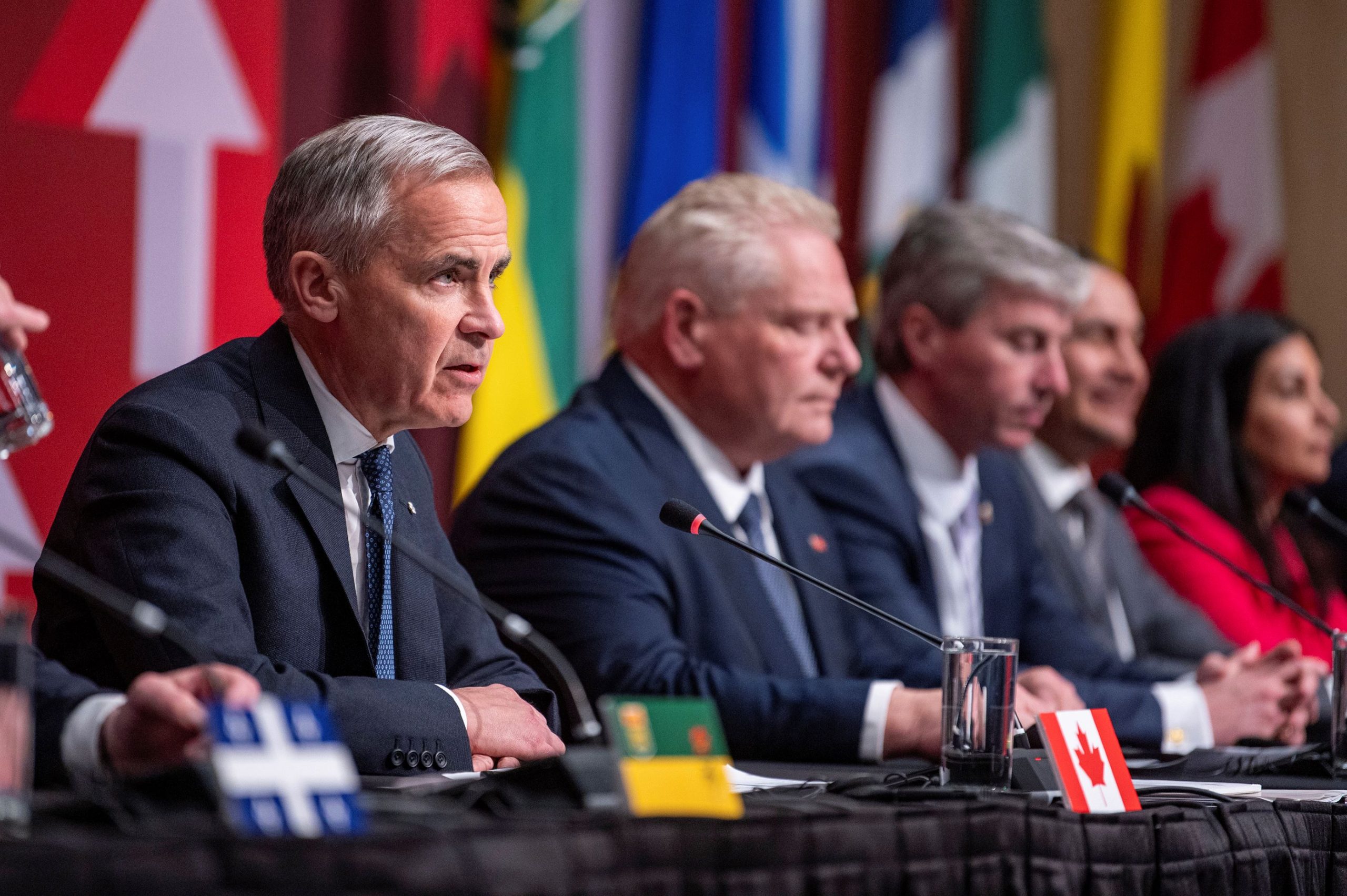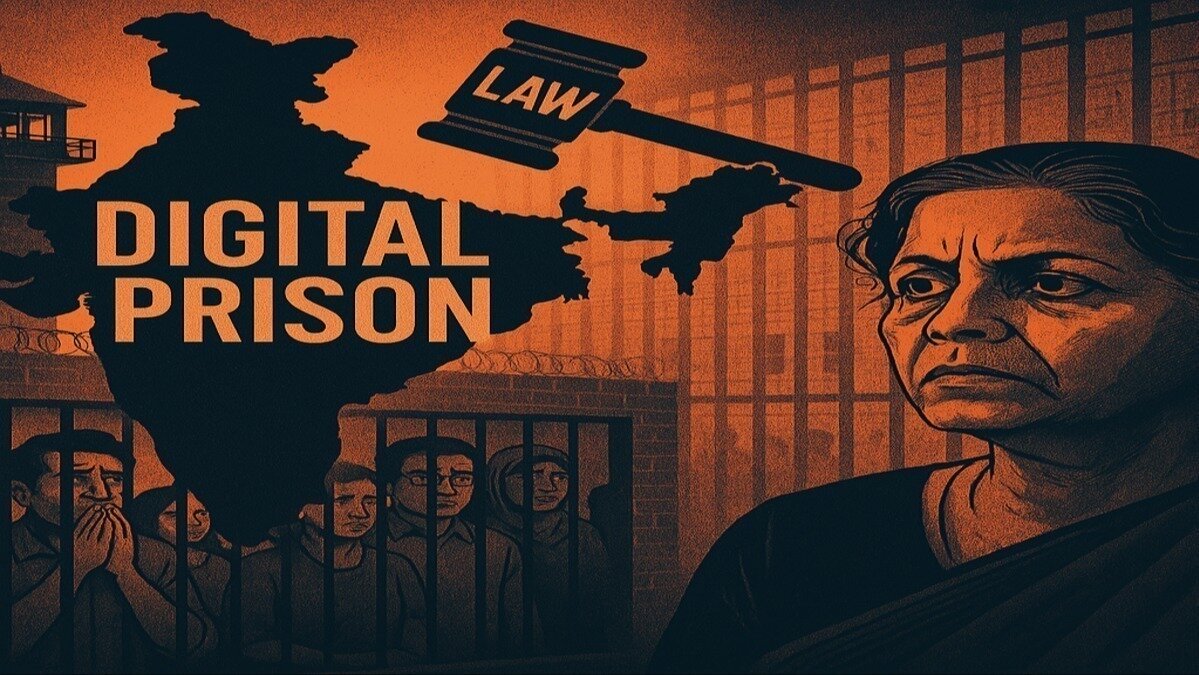In a startling revelation, a high-ranking European Union official has come forward to expose the “climate emergency” narrative, labeling it a purported “depopulation scam.” The disclosure sheds light on the contentious World Economic Forum’s (WEF) Green Deal, endorsed by European Commission President Ursula von der Leyen, which includes controversial proposals such as 15-minute cities, the prohibition of meat and dairy products, and substantial tax hikes. These measures have triggered widespread protests, particularly among European farmers.
Controversial Green Deal Sparks Public Outcry
The Green Deal proposed by von der Leyen at the WEF has encountered substantial opposition, as protesters strongly object to its radical suggestions. A key point of contention is the proposed prohibition of meat and dairy products, which has sparked intense reactions from farmers throughout Europe. The dissatisfaction has led Christine Anderson, a Member of the Eurpoean Parliament from Germany, to argue that the protestors are not extremists, but instead, she deems the government as the real extremists.
A Member of the European Parliament expresses disapproval towards policies that promote globalism and highlights the negative effects they have on the economy.
MEP Anderson takes a bold stance against what she perceives as globalist policies prioritizing the “climate emergency” over economic stability. She laments the current state of the economy, describing it as being in shambles, with a wave of bankruptcies sweeping the country. According to her, these dire economic consequences are a direct result of prioritizing climate-related initiatives.
Demand to Cease Climate Policies
MEP Anderson raises alarm about the negative economic consequences and urges the government to give up on what she describes as “climate nonsense.” In a forceful criticism, she demands that the authorities stop imposing the financial burden of what she sees as “insane, ideological, and intellectually deficient initiatives” on the citizens. Her appeal highlights the increasing dissatisfaction among certain groups of people who view the climate agenda as a possible risk to economic security.
As this disclosure unravels, it prompts inquiries about the wider consequences of environmental strategies and their influence on public opinion, financial prosperity, and the underlying reasons for worldwide initiatives like the WEF’s Green Deal.










